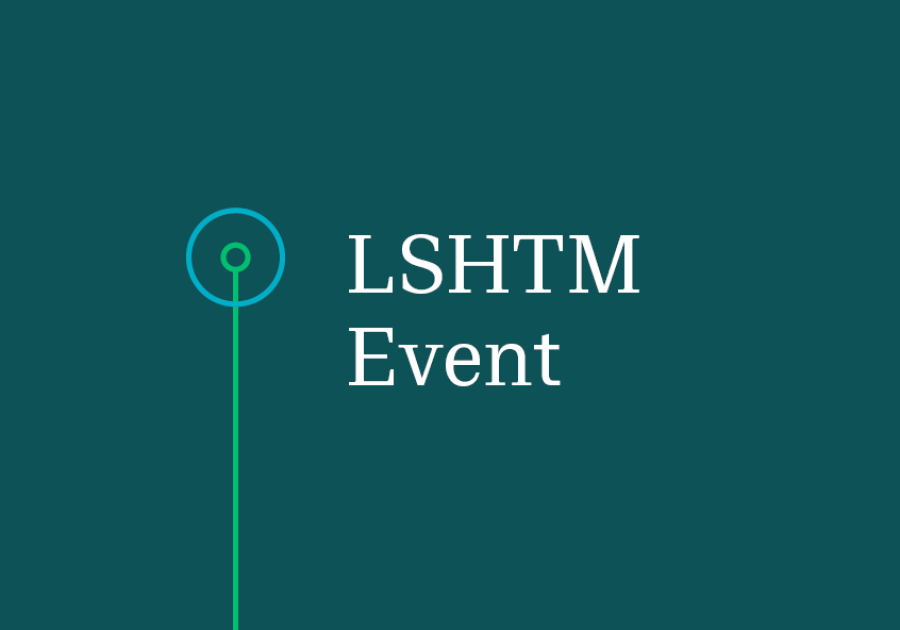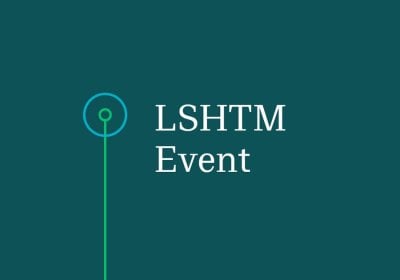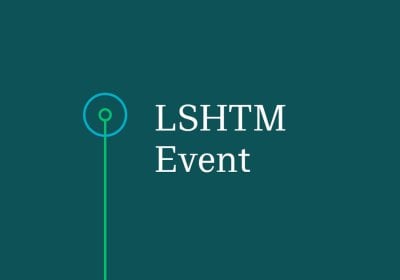Nigeria and the quest for a global antimicrobial resistance surveillance system, ca. 1980s - present
Examining Nigeria's efforts to develop a national anti-microbial resistance surveillance system.

Since the 1980s the World Health Organisation (WHO) has promoted Antimicrobial Resistance (AMR) surveillance programmes. These have been in form of the Gonococcal Antimicrobial Surveillance Programme (GASP), the Enhanced Gonococcal Antimicrobial Surveillance Programme (EGASP), the Global Antimicrobial Resistance Surveillance System (GLASS), and a couple of very specific and regional initiatives. The primary objective pursued is the need to drive the control of AMR using real-time empirical data collected across various locations that captures peculiar characteristics of patients, microbes and antimicrobials. The major problem around a global surveillance programme is the difficult in collecting sufficient data that captures antimicrobial consumption (AMC) and antimicrobial use (AMU). This suggests that an AMR surveillance system relies on databases from various health departments, hospitals and health centres. Existing studies have shown how these challenges have been tackled in High Income Countries (HICs) and some Low- and Middle-Income Counties (LMICs), especially how series of public-private collaborations continue to facilitate the generation of robust AMR data.
This study examines efforts by key institutions within the Nigerian health system to develop a coordinated and national AMR surveillance system since the 1980s. Unlike most other settings that are subjects of existing studies, Nigeria lacked a national system for AMR surveillance prior to 2017, when GLASS was introduced by WHO. This however does not mean that policies and conversations around the topic are new to major stakeholders within and outside the country. While implementing specific surveillance initiatives, stakeholders in tertiary hospitals and health agencies have been at the forefront of conversations, campaigns and interventions on national surveillance initiatives. This study reveals the specific challenges and prospects key actors have encountered in the course of negotiating and implementing these initiatives.
Speaker
Adedamola Adetiba, CHSTM, University of Manchester
Event notices
- Please note that you can join this event in person or you can join the session remotely.
Please note that the recording link will be listed on this page when available.
Admission
Contact


